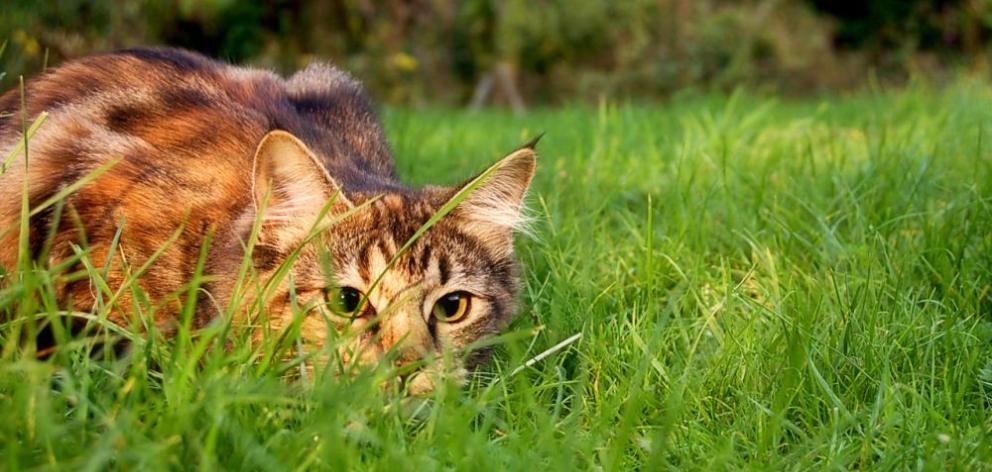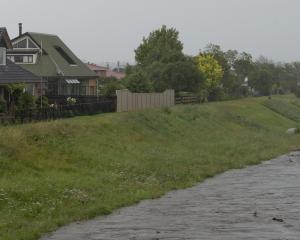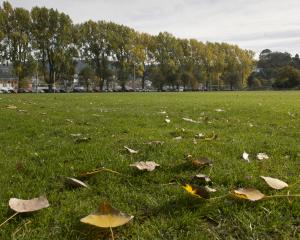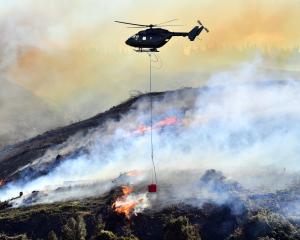
There is an emerging consensus cats need to be managed, starting with microchipping, economist and author with the Morgan Foundation Geoff Simmons says.
In his ‘‘Wildlife Safe Havens'' address as guest speaker at the opening of the inaugural four-day Wild Dunedin nature festival, which ended on Monday, he said the issue was not about killing cats but seeking responsible pet ownership, to reduce the damage cats do to wildlife.
‘‘It's good for cats and good for wildlife.''
Microchipping of cats would mean if they were found ‘‘where they shouldn't be'', they could be taken back to the owner, who would be provided with some education about conservation.
In Australia, where microchipping was introduced 20 years ago, there had been a 20% drop in cat ownership, he said.
Cats raised inside from when they were kittens were healthier than those allowed outside. They had fewer fights and accidents.
‘‘We want all cats to be in someone's lap.''
Predator elimination to protect wildlife was challenging and included having difficult conversations about cats and ‘‘killing stuff'', he said.
Mr Simmons spoke of the work being done in Wellington, where people were sold traps at a subsidised price for trapping pests in their back yards.
Issues were ‘‘really coming to a head'' there, with the Wellington City Council consulting on a bylaw which would require all domestic cats to be microchipped and people who wanted to keep more than three adult cats to seek permission. (Catteries and registered breeders would be exempt.) The bylaw, if introduced, will not involve fining owners. Mr Simmons said
New Zealand was the worst country in the world for the percentage of native species which were endangered.
One of the difficulties with predator control was there was no single organisation which had oversight in protecting all native species.
And, while the country's natural capital was making money through tourism, money was not being invested in that natural capital.
The foundation was working on a proposal for a $20 tax on all tourists, which would go into a $60 million threatened species fund overseen by an independent body.
What was needed was a long-term plan which was not subject to the political chopping and changing that occurred when ministers of the Crown had oversight. A private-public partnership was a possibility.
Mr Simmons emphasised the importance of everyone playing their part in conservation.
‘‘It has to become part of all of our day-to-day lives.''












